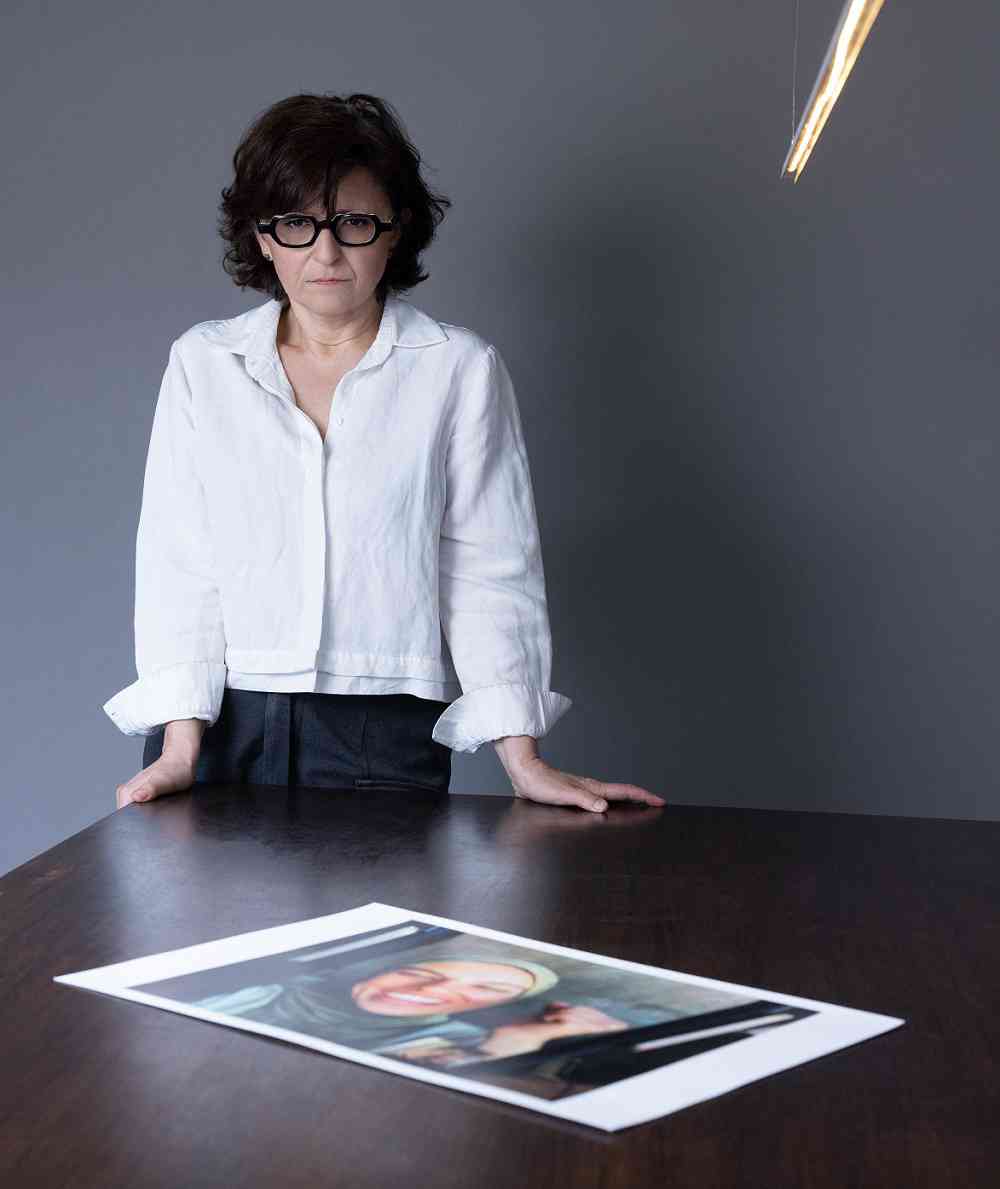Between 2024 and 2025, Iranian filmmaker Sepideh Farsi interviewed Fatima Hassouna about the Palestinian photojournalist’s life in Gaza, which has been subjected to massive bombardment since the Hamas attack on Israel in 2023. In April, the resulting documentary, Put Your Soul on Your Hand and Walk, was selected for the Cannes Film Festival’s sidebar event ACID.
Farsi relayed this news on April 14 to an elated Hassouna. The next day, Hassouna and six members of her family were killed in an Israeli air strike on their home in Gaza.
Put Your Soul on Your Hand and Walk is a wrenching, conscience-pricking chronicle of unimaginable courage in the face of relentless aggression. Hassouna, who was 25 when she was killed, displays cheerful resilience and moral fortitude that leaves a crater-sized hole in the heart.
The 112-minute film was premiered at Cannes on Thursday. At the opening ceremony on May 13, jury president Juliette Binoche read out excerpts from a poem by Hassouna that is also featured in the documentary.
Sepideh Farsi began working on Put Your Soul on Your Hand and Walk even as her animated drama The Siren was doing the rounds of festivals in 2023 and 2024. Set during the Iran-Iraq War in the 1980s, The Siren is a gorgeous movie about anti-war resistance from a filmmaker with first-hand knowledge of oppression. Farsi fled Iran’s authoritarian regime in 1984.

Now living in Paris in France and the maker of several documentaries and features, Farsi sought out Hassouna, who had assiduously been photographing Israel’s assault on Gaza. In the opening scenes of Put Your Soul on Your Hand and Walk, Farsi reveals that she had unsuccessfully attempted to travel to Rafah in southern Gaza.
Farsi settled for interviewing Hassouna through video calls, a device that creates intimacy as well as urgency.
There are always a few tense seconds before Farsi manages to connect with Hassouna. The video calls are patchy and frequently interrupted, especially when the bombs go off. Hassouna’s wide smile and shining eyes often get frozen or pixilated because of the poor phone network – visual shorthand for her privations.
The calls are interspersed with clips from television news reports and Hassouna’s photographs of Gaza’s gutted buildings, children shovelling debris, adults walking around with suitcases, an old woman giving a thumbs up sign. Hassouna keeps changing location through the documentary, finally returning to her home even though it had been previously bombed – and where she was eventually killed while asleep.
The famine in Gaza because of Israel blocking aid to the region is a recurring theme. In response to to Farsi’s concern, Hassouna says that Gazans have been reduced to bare-minimum sustenance – no flour, bread, vegetables or fruit. My biggest dream is to eat chicken and a piece of chocolate, Hassouna tells Farsi.
Beyond the specificity of its subject matter, the film is a reminder of the need to bear witness to injustice, whatever the costs. Hassouna says with a wisdom beyond her years, I must document what is happening since I am a part of the story: “Gaza needs me.”
She cannot leave Gaza, for it is her home, where her family and friends are. I have no other land, Hassouna asserts, echoing the title of the Oscar-winning documentary from 2024.

While the film’s portraiture of Hassouna is restricted to what we see of her over the video calls, Farsi’s gentle banter brings out facets of Hassouna’s personality beyond the suffering. Farsi’s deep empathy for the unconscionable horrors of Gaza and her rapport with Hassouna are tinged with curiosity about Hassouna’s views on the October 2023 Hamas attack and the election of a new Hamas chief.
Hassouna’s vibrancy is evident from her curiosity about Farsi and her knowledge of the world beyond Gaza that she has never seen but yearns to. However, Hassouna’s valour shows signs of fraying after a ceasefire breaks down and it is clear that more misery is round the corner.
She confesses to feeling “so tired”, “empty and miserable”. There are many ways to die in Gaza, she grimly says – if the missile strikes won’t get you, the starvation will. Hassouna even invents a word to describe her possibly malnutrition-fuelled feeling of stupor: “dispression”, a combination of depression and disconnectedness.
Farsi, who has also edited the film, mirrors Hassouna’s persistence by asking uncomfortable questions about her subject’s clearly precarious existence. Hassouna swats away Farsi’s anxiety that she is unable to do anything for the photojournalist beyond regularly calling her. You are here for me, you share my feelings and that is enough, Hassouna says.
Put Your Soul on Your Hand and Walk expresses hope against hope. Each of our conversations could be the last one, Farsi observes early on in the film.
“See you in another place in this world,” Hassouna says, words that are run over images of Gaza’s enduring and yet avoidable tragedy.










